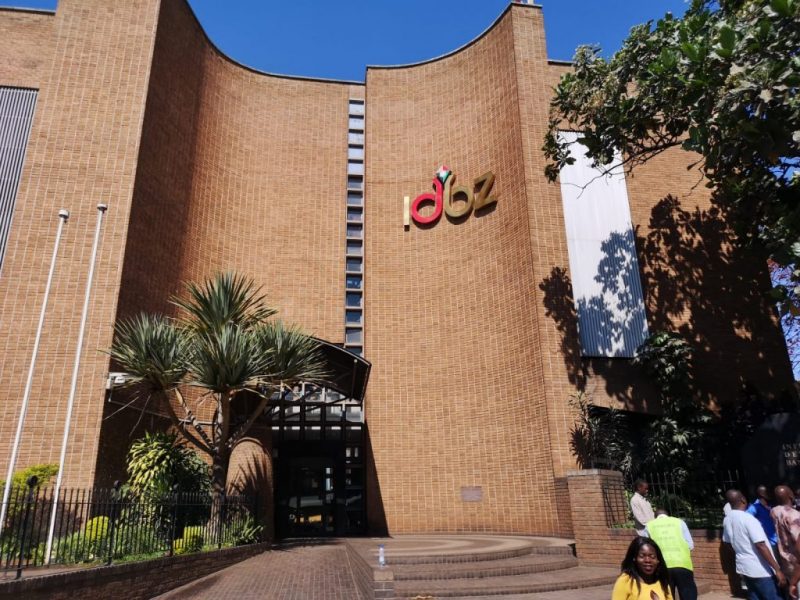First Capital Bank Q3 income jumps to $26bn
FIRST Capital Bank (FCB) Limited has recorded $26 billion total income for the third quarter ended 30 September 2022, an increase of $9,6 billion from the second quarter.
In its recently issued third quarter trading update, FCB said the positive performance was driven by strong performance on interest income, spurred by growth in the foreign currency loan book and repricing of the local dollar book in line with the extant interest rate policy framework.
“The bank’s September 2022 year to date inflation adjusted total income increased to $26 billion, being an increase of $9,6 billion from the 2nd quarter of 2022,” acting company secretary, Mrs Sarudzai Binha, said in a statement.
“This year-to-date performance is 82 percent higher than $14,3bn recorded for the comparative period ending September 2021. Foreign denominated earnings at 40 percent of total income for the quarter show an increase from about 22 percent in the first quarter.”
FCB also said it experienced a 43 percent increase in operating expenses, reaching 13,9 billion in the 3rd quarter of 2022 compared to 9,7 billion recorded at the same time in 2021.
“The inflation adjusted total assets grew by 41 percent between December 2021 and September 2022 driven by customers’ loans and deposits growth of 59 percent and 30 percent respectively,” said Mrs Binha.
“Portfolio credit quality remained strong with a non-performing loan ratio of 0,1 percent being recorded at the end of the third quarter of 2022 down from one percent recorded at the end of 2021.”
The bank said its total equity increased by 24 percent as the capital position remained strong with a satisfactory margin of safety above the US$30 million threshold and capital adequacy ratios well above the regulatory minimums.
Money – Image taken from Pixabay
The financial services institution applauded the introduction of gold coins and other measures taken by the Reserve Bank of Zimbabwe (RBZ), which saw the parallel market exchange rates showing some level of stability with the margin against the official rate having significantly reduced by the end of the period.
On outlook, FCB said “The bank expects the aggressive liquidity management policies and high interest rates monetary framework to subsist as means to counteract inflationary pressure.
Reserve Bank of Zimbabwe (RBZ)
“This may present downside risk on credit performance as borrower capacity to carry related costs is strained. The bank will, therefore, remain cautious in its approach to asset creation, ensuring that a sufficient liquidity buffer is maintained to avert outages while borrower capacity is assessed rigorously, taking advantage of the apparent resurgence in key sectors of the economy.”-chronicle.cl.zw










